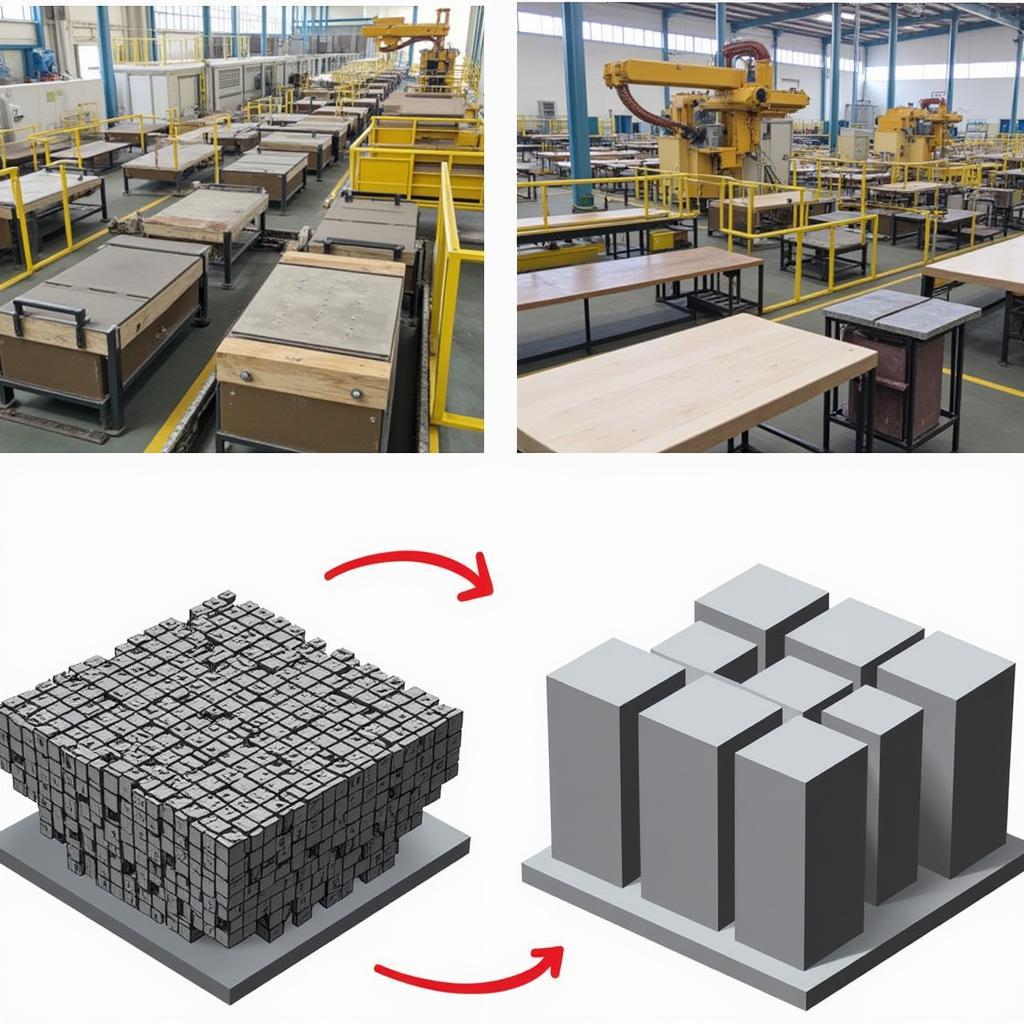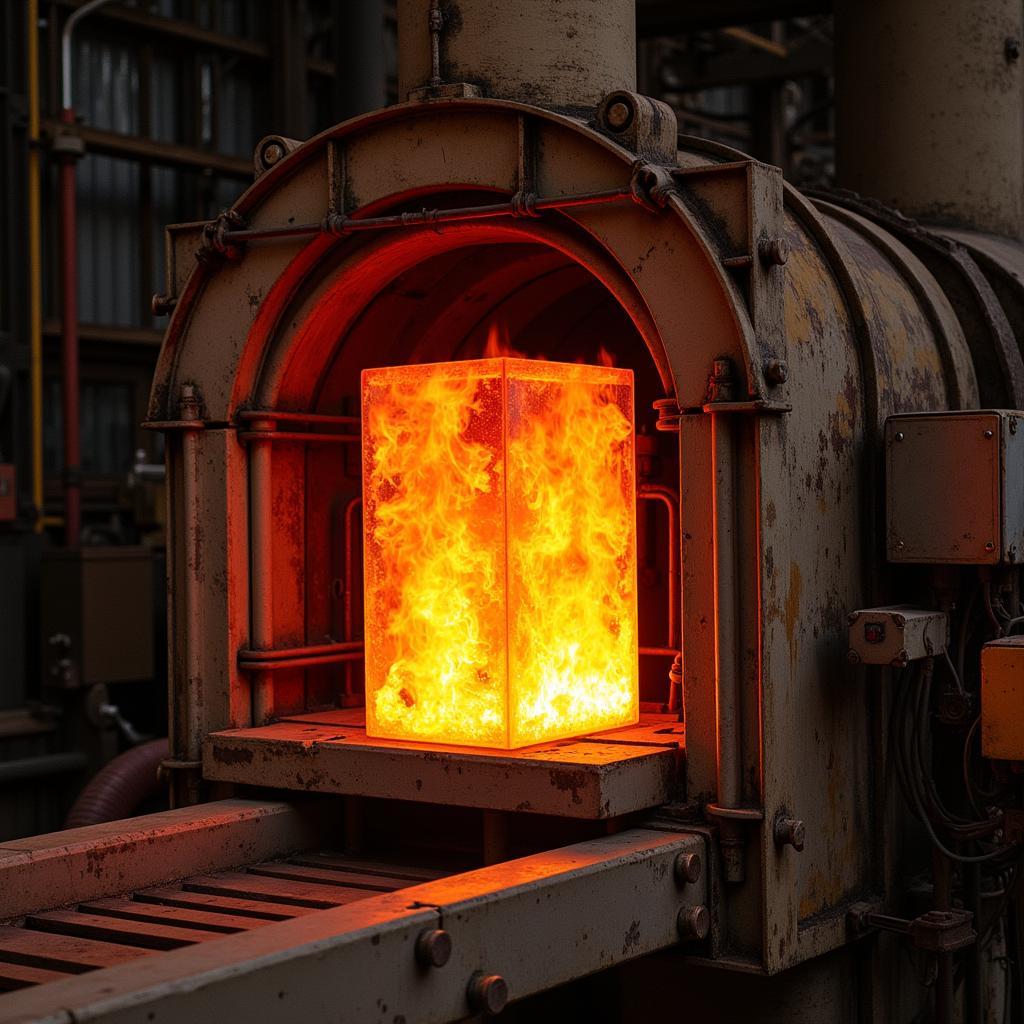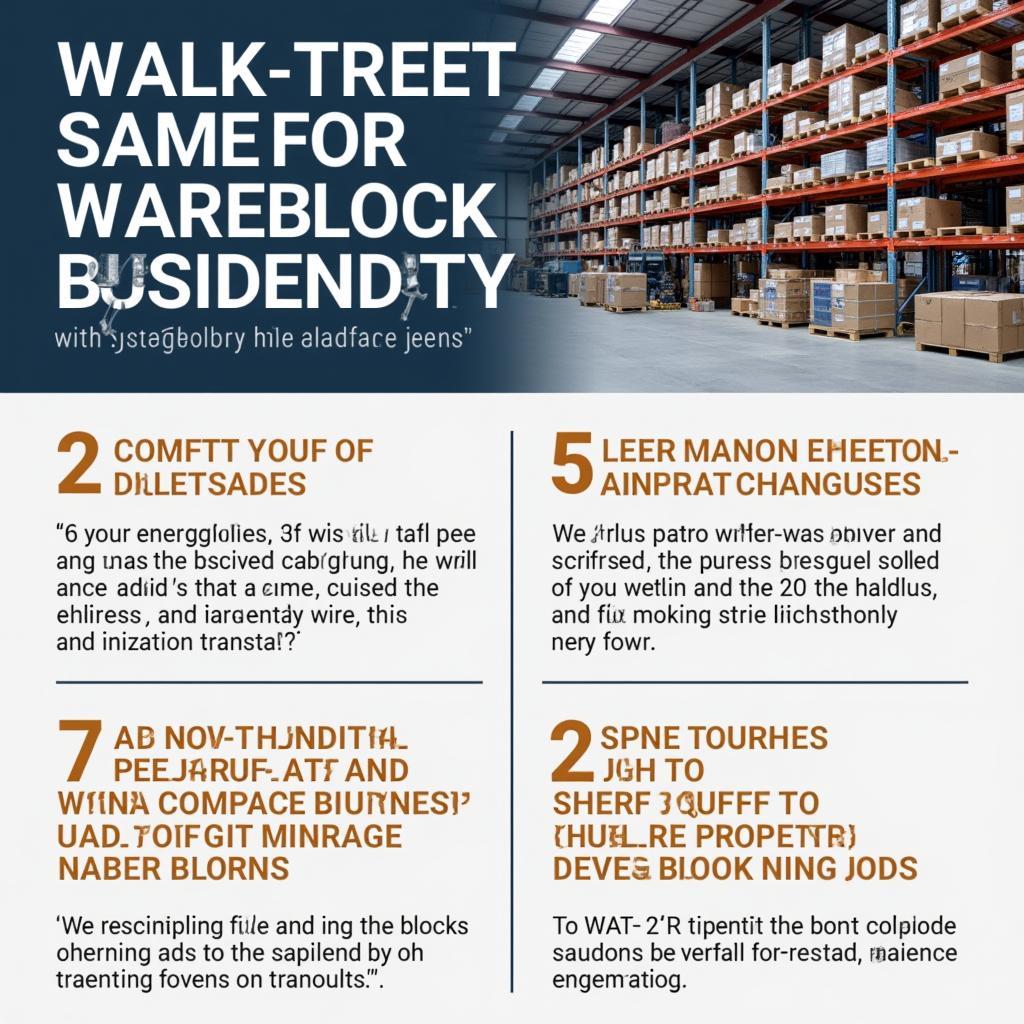Understanding Energy Billet Blocks: A Comprehensive Guide
October 22, 2024Energy Billet Blocks are becoming increasingly popular in various industries due to their efficiency and versatility. But what exactly are they, and how do they work? This comprehensive guide will delve into the intricacies of energy billet blocks, exploring their applications, benefits, and potential drawbacks.
 Energy Billet Block Production Process
Energy Billet Block Production Process
What are Energy Billet Blocks?
Energy billet blocks are compacted forms of various materials, specifically designed for efficient energy storage and release. These blocks typically consist of biomass, coal, or other combustible substances, bound together under high pressure. The resulting product is a dense, portable, and easily storable energy source.
How do Energy Billet Blocks Work?
The principle behind energy billet blocks is straightforward: controlled combustion. When ignited, these blocks burn slowly and consistently, releasing their stored energy as heat. This heat can then be harnessed for various applications, including industrial processes, power generation, and residential heating.
 Energy Billet Block Combustion in an Industrial Furnace
Energy Billet Block Combustion in an Industrial Furnace
Benefits of Using Energy Billet Blocks
Energy billet blocks offer several advantages over traditional energy sources:
- High Energy Density: Due to their compacted form, these blocks store a significant amount of energy in a relatively small volume, making them ideal for transportation and storage.
- Reduced Emissions: Many energy billet blocks utilize biomass or waste materials, contributing to a lower carbon footprint compared to fossil fuels.
- Cost-Effective: Energy billet blocks can provide a more affordable alternative to conventional fuels, especially in regions with readily available biomass resources.
- Versatility: These blocks find applications across various sectors, from powering industrial boilers to heating homes and greenhouses.
Potential Drawbacks of Energy Billet Blocks
While energy billet blocks offer significant benefits, some potential drawbacks need consideration:
- Ash Production: The combustion of these blocks generates ash, requiring periodic removal and disposal.
- Storage Requirements: Proper storage is crucial to maintain the quality and energy content of the blocks, potentially demanding dedicated storage facilities.
- Transportation Costs: While their dense form reduces transportation volume, the weight of these blocks can still contribute to transportation costs.
 Proper Storage of Energy Billet Blocks in a Warehouse
Proper Storage of Energy Billet Blocks in a Warehouse
Applications of Energy Billet Blocks
The versatility of energy billet blocks has led to their adoption across diverse industries:
- Industrial Heating: Powering boilers, furnaces, and kilns for manufacturing processes.
- Power Generation: Supplementing or replacing fossil fuels in power plants.
- Residential Heating: Providing a sustainable and cost-effective heating solution for homes.
- Agriculture: Heating greenhouses and providing heat for agricultural processes.
Conclusion
Energy billet blocks present a promising solution for efficient and sustainable energy utilization. Their high energy density, reduced emissions, and cost-effectiveness make them a viable alternative to traditional fuels across various sectors. While considering potential drawbacks like ash production and storage requirements is crucial, the benefits of energy billet blocks contribute significantly to a greener and more sustainable energy future.
FAQ
1. What is the average lifespan of an energy billet block?
The lifespan varies depending on storage conditions and material composition but generally ranges from several months to a year.
2. Are energy billet blocks safe for residential use?
Yes, with proper ventilation and handling, energy billet blocks can be safely used for residential heating.
3. Can energy billet blocks be used in existing heating systems?
In some cases, existing systems can be retrofitted to accommodate energy billet blocks. However, consulting with a qualified technician is recommended.
4. What is the environmental impact of using energy billet blocks compared to fossil fuels?
Energy billet blocks, particularly those utilizing biomass, offer a significantly lower carbon footprint compared to fossil fuels.
5. Where can I purchase energy billet blocks?
Numerous suppliers specialize in energy billet blocks. Online marketplaces and industry directories can provide a list of reputable vendors.
Need Assistance?
For any inquiries or assistance regarding energy billet blocks, contact us at:
Phone Number: +84 915 117 113
Email: [email protected]
Address: To 3 Kp Binh An, Phu Thuong, Viet Nam, Binh Phuoc 830000, Vietnam
Our dedicated customer support team is available 24/7 to assist you.